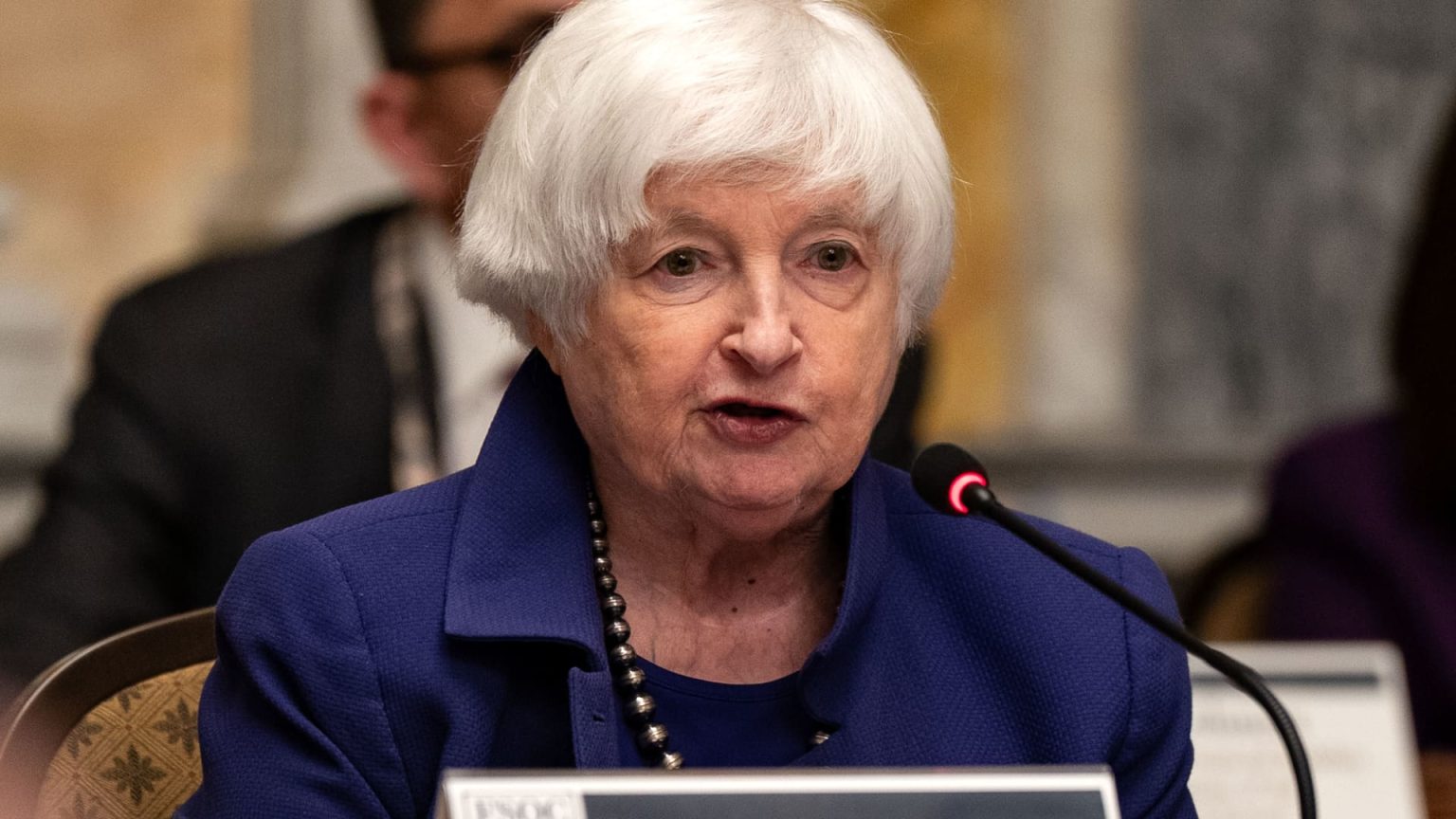U.S. Treasury Secretary Janet Yellen expressed growing concerns about European banks operating in Russia and mentioned the possibility of strengthening secondary sanctions on banks found to be assisting transactions for Russia’s war efforts. Yellen did not provide specific details but emphasized the risks of operating in Russia and the need for caution. She suggested that Austria’s Raiffeisen Bank International and Italian bank UniCredit should be careful about their activities in Russia based on advice from their supervisors.
Fabio Panetta, a European Central Bank policymaker, urged Italian banks to “get out” of Russia due to the reputational risks associated with continuing operations in the country. Raiffeisen and UniCredit are among the largest European lenders in Russia, while Intesa Sanpaolo is working on divesting its Russian business. U.S. President Joe Biden’s new secondary sanctions authority allows the Treasury to cut off banks from the U.S. financial system if they are found to be aiding the circumvention of primary sanctions against entities involved in Moscow’s war in Ukraine.
Yellen and other Treasury officials highlighted the challenges of distinguishing between civilian and military transactions in Russia’s increasingly war-torn economy. The existence of secondary sanctions has already deterred banks from engaging with Russia, but concerns remain about Russia’s ability to acquire goods necessary for military production through transactions with countries like China, the United Arab Emirates, and Turkey. The Treasury recently warned Raiffeisen about potential consequences for its access to the U.S. financial system due to its dealings in Russia, leading the bank to cancel a proposed deal with a sanctioned Russian tycoon.
The pressure from Washington on European banks with ties to Russia underscores the seriousness with which the U.S. government is approaching the issue. Yellen’s warning to bank CEOs in Frankfurt emphasized the need for strict compliance with sanctions against Russia and measures to prevent circumvention of these restrictions. The Treasury’s efforts to clamp down on banks found to be aiding Russia’s war efforts reflect the broader geopolitical tensions surrounding the conflict in Ukraine and the need for international financial institutions to align with U.S. policies to avoid potential penalties. European banks operating in Russia face increasing scrutiny and potential consequences for their involvement in transactions that support Moscow’s military activities.













